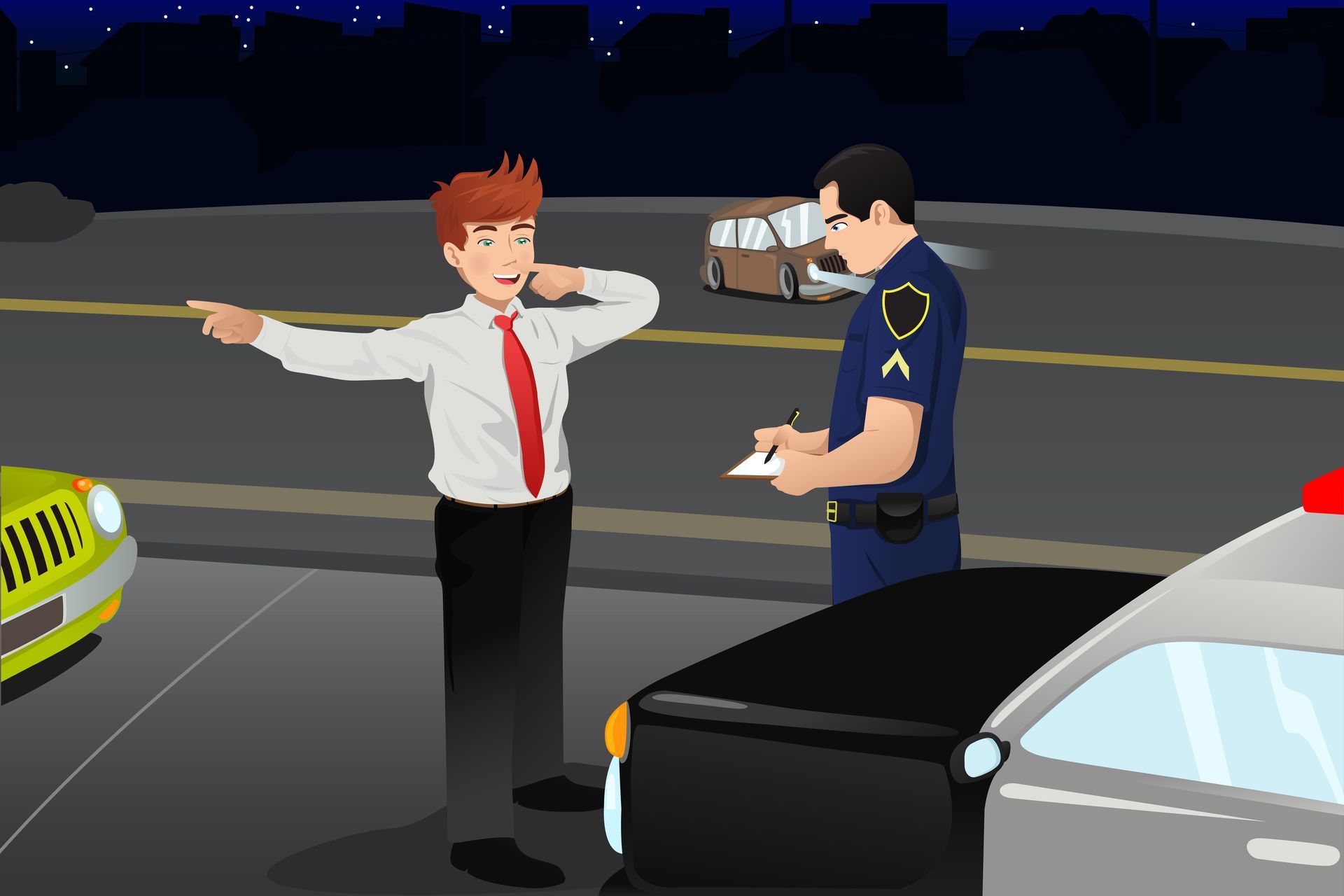Stand Your Ground vs. Duty to Retreat Laws... What Is the Law in Arizona?

Arizona’s self-defense “Stand Your Ground” laws allow individuals to use deadly force to defend themselves and others if they are facing an unlawful threat capable of inflicting serious or lethal harm. While duty to retreat laws require individuals to attempt escape before resorting to self-defense, even if they’re in their own homes, Arizona residents are no longer under such obligation. The state’s duty of retreat law was replaced by stand your ground in 2006 as part of the revised 13-411(A) statute and 13-405(B).
Key Provisions in Revised Statute 13-411(A)
- Justification for Use of Force: A person is justified in using physical force if they believe it is necessary to protect themselves or others from an immediate threat of specifically listed crimes (arson, burglary, kidnapping, murder or manslaughter, sexual conduct with a minor, sexual assault, molestation of a child, armed robbery, or certain types of aggravated assault).
- Deadly Physical Force: A person can utilize lethal force if necessary to defend themselves from significant physical injury, death or to prevent other felonies such as sexual assault or kidnapping.
- No Duty to Retreat: A person doesn’t have to try to escape before resorting to self-defense if facing an imminent physical threat.
- Protecting Oneself or Others: Using lethal means is only justified if it’s necessary to protect yourself or others from another’s use of unlawful deadly physical force.
- Use of Force by Law Enforcement: Police officers can use a weapon in specific situations to defend themselves and others from an unlawful and impending threat.
Stand Your Ground vs. Make My Day
"Make My Day" (also known as “Castle Doctrine” law) is a specific type of Stand Your Ground law that applies to the defense of one's dwelling. The “Make My Day” wording, taken from the 1984 film Sudden Impact (the fourth Dirty Harry film), is mostly frequently associated with Colorado’s castle doctrine, but castle doctrine applies in many states, including Florida, Pennsylvania and Texas. It allows homeowners to resort to deadly force before retreating to protect themselves, their family members and their property from intruders.
While "make my day" only provides legal protection when the situation occurs in one’s home, stand your ground extends to public as well as private places, allowing individuals to protect themselves wherever they have a legal right to be – whether they’re assaulted in their homes, in a parking lot or anywhere else.
Does Stand Your Ground Law Protect You From Homicide Charges?
Although stand your ground law supports individuals’ right to self-defense, it doesn’t grant you immunity from homicide charges. In fact, its scope can be severely restricted. Whether the death can be deemed justifiable homicide[1] or regular homicide depends on who instigated the situation and what a reasonable person would believe was necessary for self-preservation or the protection of someone else in the moment.
The defendant won’t be eligible for protections granted by stand your ground if it’s discovered that they did not need to resort to lethal means to protect themselves, if the means they used to defend themselves were excessive, if the weapon they used was prohibited in the state or if they were trespassing or otherwise unlawfully present on the property.
The lines can become blurry, such as in scenarios where a person thought they were in imminent danger of fatal injury, even though they weren’t, like if someone pointed a toy gun at them. Whether they were justified in the use of deadly force will likely be up to prosecutors or a jury.
What if the Threat Is Not Armed, but I Still Fear for My Life?
Stand your ground law doesn’t require the threat to be armed with a deadly weapon to pose a significant threat. Even if you weren’t physically injured in the encounter, you may still qualify for a justifiable homicide defense as long as you genuinely and reasonably believed you or someone else would die or suffer serious, potentially catastrophic injury if you didn’t use deadly force.
Our Phoenix Defense Lawyer Will Aggressively Fight for Your Rights
Arizona gives you the right to defend yourself and your loved ones from harm. If that right is ever called into question, Arizona board-certified criminal defense lawyer Michael Alarid III will support you. He will build a robust case of evidence that verifies the gravity of the threat you faced and your lack of non-lethal options.
Call (602) 818-3110 or contact us through our website for a free case consultation.
link to "What Is the Difference Between Justifiable Homicide and Excusable Homicide?" blog




